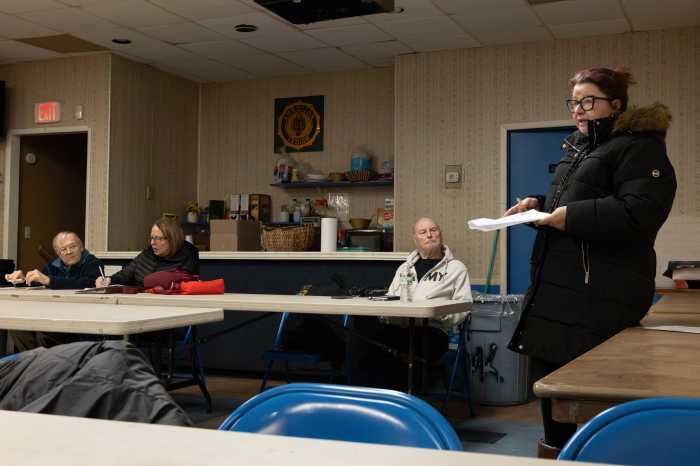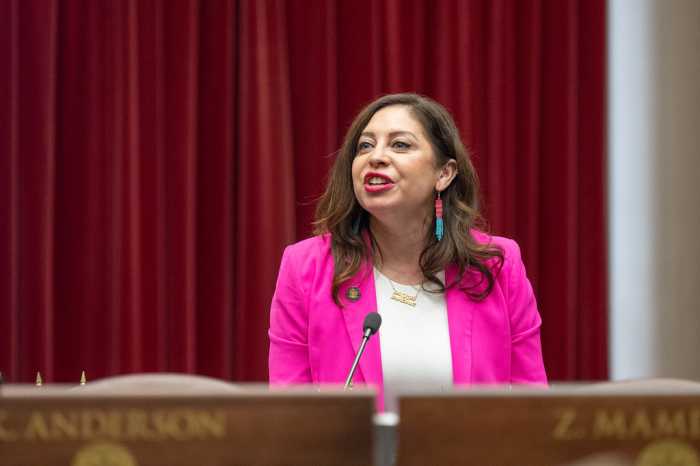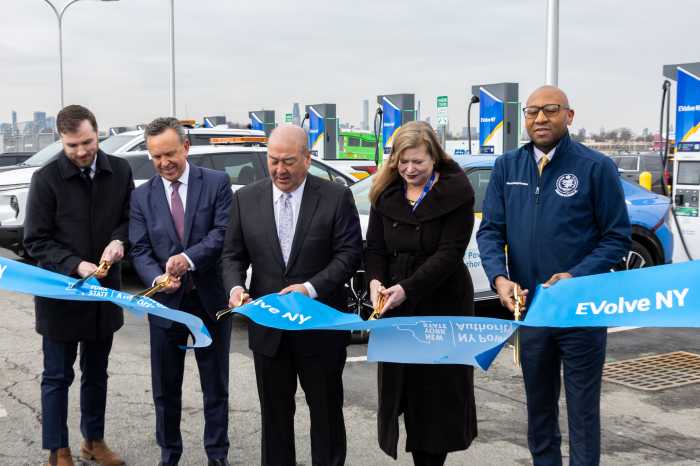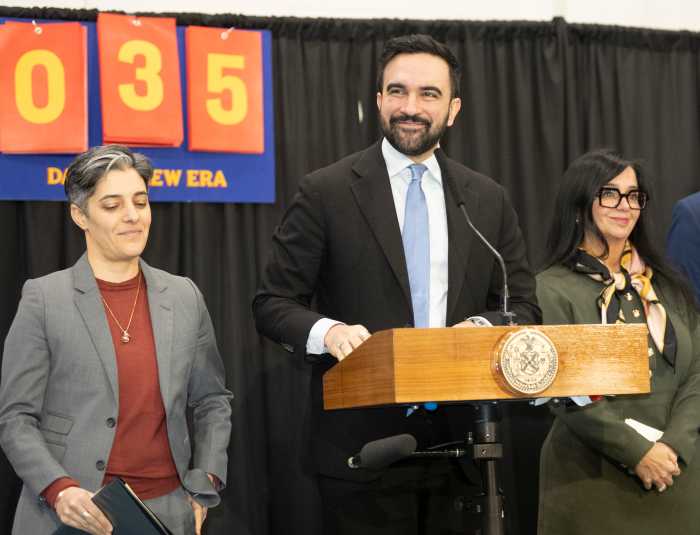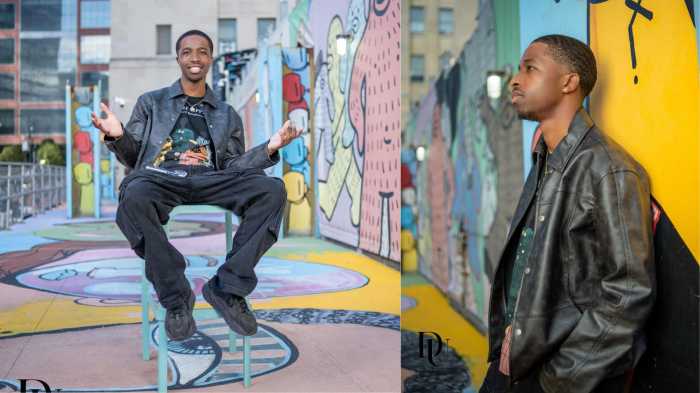By Alex Robinson
When Kika Cerpa fell victim to sex traffickers in 1993, she felt helpless.
There was no state law against human trafficking and little help in terms of government services for victims who were trying to escape their traffickers and rebuild their lives.
A new city initiative, called the Queens Human Trafficking Intervention Pro Bono Project, hopes to bring victims out of the shadows by offering free legal services to foreign-born victims of trafficking.
The plan was announced on the steps of Queens Criminal Court last week by elected officials, advocates and victims of sex trafficking.
“I’m speaking out so that no girl or young woman will suffer the abuse that I did,” Cerpa told reporters last Thursday.
Cerpa was lured to Queens from her native Venezuela by her boyfriend in 1993. When she arrived, her boyfriend’s cousin took her passport and brought her to a brothel where she was forced to work as a sex slave for years.
Many victims have felt trapped in their circumstances, too scared to go to the police for fear of being arrested or deported, a problem the new pro bono project hopes to tackle.
“Other trafficking victims and I were arrested over and over for prostitution,” Cerpa said. “Never did the police, prosecutors or judges ask if we were trafficked. Never did they offer us hope and protection. All of this has changed.”
Advocates said the pro bono project will build on the success of the Queens Human Trafficking Intervention Court, an initiative which helps victims arrested for prostitution.
The new program will provide attorneys to trafficking victims with immigration concerns and help them obtain visas.
Roosevelt Avenue in Queens has been a hot bed of sex trafficking over the years, as many young, foreign-born women like Cerpa migrating to the borough have fallen prey to traffickers, advocates said.
Since 2004, there have been more than 1,000 sex trafficking victims in the borough, some of whom have been as young as 13, according to Queens District Attorney Richard Brown.
More than 120 sex trafficking victims have sought services at the city’s family justice centers since they opened in 2005 and 56 percent of those victims were in Queens.
“When we think about trafficking, we think about places half-way around the world,” said state Sen. Jose Peralta (D-East Elmhurst). “We think about places where the rule of law and human rights don’t exist or where they are not nearly as firm as they are here in the United States. The truth is that we experience human trafficking right here in our own backyards.”
Peralta has introduced a bill to the state Legislature as part of the Women’s Equality Act, which would increase minimum sentences for those found guilty of human trafficking.
“The idea here is to give it some teeth so that the district attorney can really prosecute these individuals,” he said. “So instead of them getting away with a slap on the wrist, they will actually go away for a very long time.”
Peralta’s law would increase minimum sentences for first-time offenders from three years to five years and require a life sentence for repeat offenders.
The state Legislature did not pass a law against human trafficking until 2007.
Reach reporter Alex Robinson by e-mail at arobinson@cnglocal.com or by phone at 718-260-4566.

